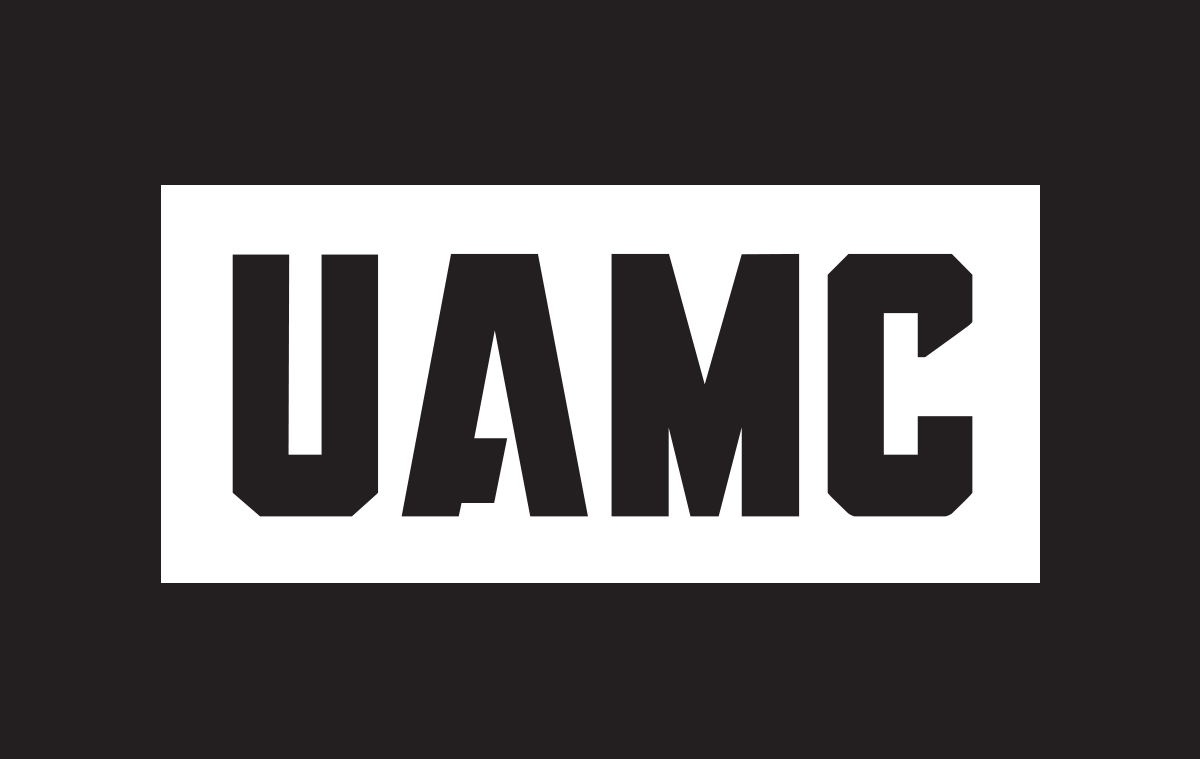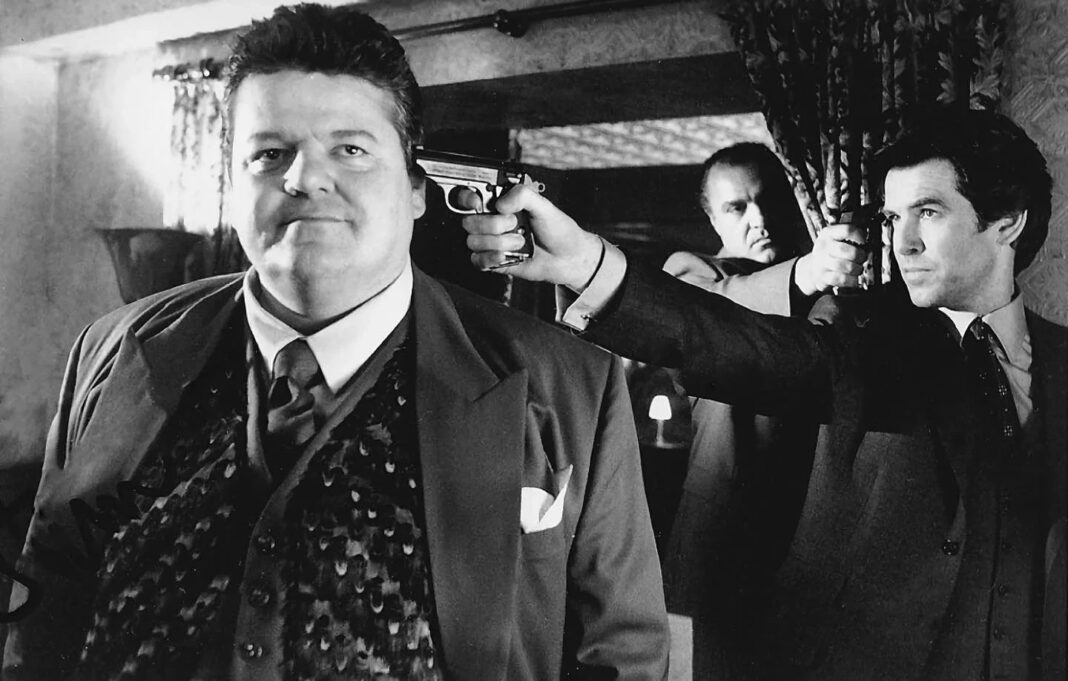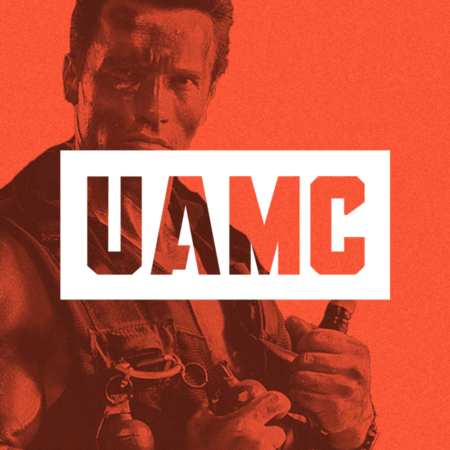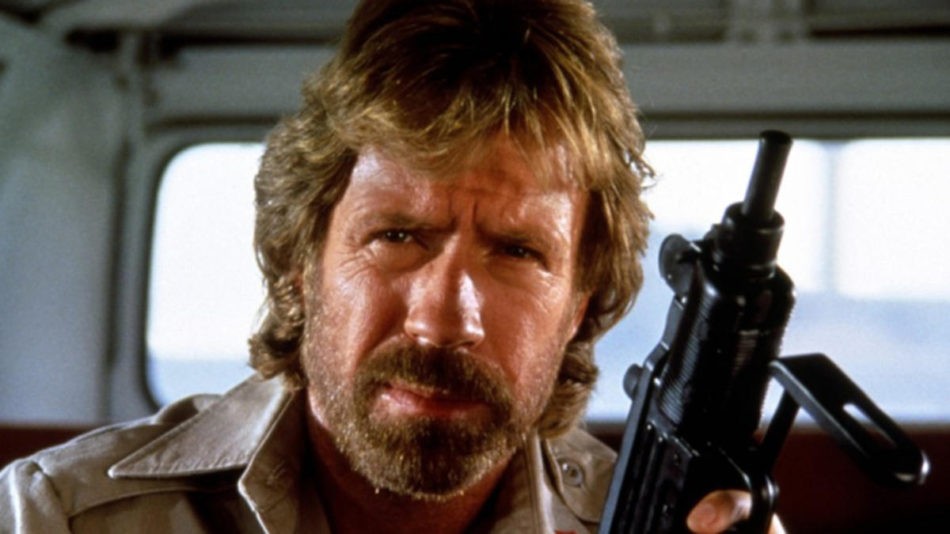In loving memory of Robbie Coltrane (1950-2022)
Scottish actor Robbie Coltrane died last Friday at the age of 72 and millions of Harry Potter fans waved goodbye to the corpulent man who incarnated Rubeus Hagrid in the big-screen adaptation of J.K. Rowling’s novels. However, for action movie fans, Coltrane will be best remembered as ex-KGB agent and arms dealer Valentin Zukovsky in two James Bond films starring Pierce Brosnan: GoldenEye and The World Is Not Enough.
Released in 1995, GoldenEye marked Brosnan’s long-awaited debut as Ian Fleming’s secret agent. It was the first Bond film released after the fall of the Soviet Union, a geopolitical scenario few people expected the secret agent to survive or be useful to. Far from ignoring the new geopolitics, scribes Michael France, Jeffrey Caine and Bruce Feirstein explicitly placed 007 in the new Russia to fight the Janus syndicate, a mysterious organization tied to their mafia with a dangerous electromagnetic weapon in their hands.
Old and new frequently clash throughout the story: Bond finds himself in a bigger, more populated MI6 headquarters located over the Thames River. The building is comprised of modern offices and a control room filled with cutting-edge technology: wall monitors, computers and analysts sitting in front of them, looking at satellite footage. With the arrival of Judi Dench’s M, long gone are the days when Admiral Messervy (Bernard Lee, Robert Brown) trusted in their operatives before doing some sort of political assessment of the situation. She makes it very clear that she has no compunction in sending 007 to her death, but “not on a whim”. Peter Lamont’s sets are another proof of this spar between times: Alec Trevelyan’s ICBM train has all kinds of computers and cameras, but the decoration resembles the Romanov Imperial Train; likewise, Bond discovers the stolen EMP-protected Tiger helicopter stationed in the middle of a park where remains of old statues of the Soviet empire are unceremoniously laid to rest. The passing of time is constantly addressed throughout Martin Campbell’s film and most of the characters are affected by it. Only Bond remains the same old Bond – if we ignore, maybe, that he skips the cigarettes in the casino scene.
But while 007 remains employed by the British Secret Service, Valentin Zukovsky did not seem to find a place after Boris Yeltsin forced Mikhail Gorbachev to dissolve the USSR in December 1991: he unproductively runs a small nightclub in St Petersburg while his mistress Irina (Minnie Driver) does her best to perform “Stand By Your Man” in her rusty English for the few costumers. Similarly, his arms dealing business is far from ideal, as Pakistani clients try to sell him counterfeit weapons as shown in a scene cut from the film. He blames the “free market economy” for his disgrace.
The bulky Russian has seen better days: in the past, out of the three British agents using a standard issue Walther PPK 7.65 mm, he killed two. The third one, who shot him in the leg and gave him a permanent limp before taking his car and his girl, pops up in the nightclub one day. As expected, James Bond is not well received and subjected to some bullying by the voluminous arms dealer and his bodyguards.

Zukovsky laughs at Bond’s loyalty to Queen and Country: “Still working for MI6 or have you decided to join the 21st century? I heard the new M is a lady”. He disregards 007’s attachment to a cause as something outdated and ridiculous in a world where money dictates everything. Indirectly, the same notion will be shared by the actual villain of GoldenEye, which is none other than Alec Trevelyan, aka 006: “I thought in asking you to join my little scheme, but somehow I knew 007’s loyalty is always to the mission, never to his friends,” Sean Bean’s character tells Bond after showing his true colors.
Valentin Zukovsky’s presence in the plot evidences the integrity of James Bond, who remains uncorrupted in a time where spies were cast aside thanks to the overabundance of cutting-edge technology at the disposal of the secret services and a bigger level of bureaucracy in the ranks of the agency. Bond is motivated by his duty; Zukovsky is tired of his routine. The former protects his country from any threat against it, the latter becomes a piece in the residual post-Soviet structure which does no good to his country (crime, illegal sale of arms). He doesn’t seem to have any sense of right and wrong.
Only when Bond mentions that he is aware of one of his operations taking place soon at Kirov’s funeral parlor, the ex-KGB man decides to listen to him, agreeing to set up a meeting between Bond and Janus. In exchange, the secret agent will guarantee that Zukovsky gets his money from the operation while the buyer is arrested with the C4 explosives exchanged through a casket.
GoldenEye offers very little screen time for Robbie Coltrane’s character, but the role is written in a colorful way. CIA agent Jack Wade (Joe Don Baker) describes Zukovsky as “a tough mother, limps on his right leg”, donning him of a frightening image to the audience. Bond, however, is unimpressed: “I gave him the limp”. Wade also notes that the last guy who went uninvited to the arms dealer’s place was sent back home “in very small boxes”, yet Bond is equally unimpressed: “Make sure they send me home first class”. These lines set up some kind of background information for Brosnan’s portrayal of Bond: Zukovsky is tough, but Bond can be even tougher. In other words, there was a past where 007 was one of the few men to outsmart this sturdy guy.
This character was originally included in an early draft of Tomorrow Never Dies, positioning himself for the presidency of Ukraine and under the payroll of media mogul Elliot Harmsway, who eventually became Carver, the villain played by Jonathan Pryce. However, later versions of the script completely excluded him.

Due to popular demand, Robbie Coltrane made a final appearance as Zukovsky in The World Is Not Enough, Pierce Brosnan’s third film as Ian Fleming’s secret agent. Not only Zukovsky has bigger screen time than in the previous film, but he seems to be in a better position than before as he not only owns the L’Or Noir (Black Gold) casino in Baku, but also a caviar factory over the Caspian Sea in Azerbaijan.
Bond visits his reluctant friend at the L’Or Noir casino inquiring about terrorist Renard (Robert Carlyle), who has targeted oil businesswoman Elektra King (Sophie Marceau) after taking the life of her father, M’s personal friend Sir Robert King (David Calder). Zukovsky seems happy to see 007 this time, but the secret agent doubts this man is now a “legitimate businessman”.
In an early draft of the script, Bond called the casino “a little rat’s nest” observing a consortium of mafia warlords, diplomats and spies in the place. Zukovsky describes post-Soviet Azerbaijan as a country where “for the right price and a pack of cigarettes, you can get anything you want” and “everyone does what they can to survive”, including prostitution, which is referenced by a couple of women offering themselves in a dark alcove in the casino. To add some political background surrounding the character, Dana Stevens’ revisions to the Neal Purvis & Robert Wade story gave Zukovsky a former KGB agent as a bodyguard known as “The Boa”, who has always dreamed of “closing his hands around 007’s neck”. This character eventually morphed into the more pragmatic Mr Bullion, played by musician Goldie; and another line was scrapped, where –just like in GoldenEye– Valentin laughed at Bond’s profession: “Poor Bond. The cold war is over. What have you got left? Economic espionage. Murder in the boardroom. So dull.”

In both GoldenEye and The World Is Not Enough, Zukovsky’s womanizing is addressed and his girls could themselves be Bond girls. Not surprisingly, Bond ran off with a “Zukovsky girl” before the events of the Martin Campbell film, where the ex-KGB man is entertained by his singer mistress Irina, whom he does not respect too much. In the movie directed by Michael Apted, Zukovsky is seen with two young girls sitting on his lap: Nina (Daisy Beaumont) and Verushka (Nina Muschallik). Bond irrupts, tells Valentin to “lose the girls” and demands to talk in private. The arms dealer dismisses Nina and Verushka, telling his bodyguard to “give them an inch”, a wad of dollars, which they accept with a giggle.
If GoldenEye showed us how the fall of the Berlin Wall affected Bond and Zukovsky differently despite sharing the same profession in the past –one is still employed, the other resorts to crime; one has ethics, the other is greedy–, The World Is Not Enough does it in the womanizing aspect. Despite looking very different, with Bond being clearly more handsome than Zukovsky, both are surrounded by beautiful ladies and enjoy their company. But while these girls are genuinely attracted to the MI6 agent, the ex-KGB operative has to pay for their company or “services” to use a more appropriate word.
The conversation between the two men is put on hold when Elektra King appears in the casino and, with a carefree attitude, bets all of her father’s line of credit: one million dollars. She loses everything to a high card draw on the blackjack table.
Investigating, Bond discovers that Renard is in fact working for Elektra, who plotted her father’s death from the beginning and has now captured M. She plans to set off a nuclear explosion under the Bosphorus Sea to destroy Istanbul, increasing the value of the oil transported through the King pipeline. The casino bet was a covert payoff to Zukovsky, who would get Elektra a Viktor III nuclear submarine owned by his nephew. What he didn’t know is that she was working with Renard and their intention is to use its nuclear reactor to perform a meltdown.

Arriving at his caviar factory at night and once again complaining of being a “slave of the free market economy”, Valentin is surprised by a very upset Bond, accompanied by Dr Christmas Jones (Denise Richards), a nuclear physicist who joined him in this quest. As they have a heated argument, buzz-saw helicopters sent by Elektra storm into the place. They fail to kill 007 and Zukovsky, but the whole factory is destroyed along with his expensive car. And while Valentin bravely defends his property and protects Dr Jones, ultimately he ends up jumping in a vat of caviar to avoid the flying saws of a chopper 007 has just destroyed.
Ironically, in this film Bond gets some kind of poetic justice and “retaliates” for the lack of hospitality he received from the Russian in GoldenEye: as the big man is starting to drown in the expensive material (“You destroyed my factory, then you drown my Rolls Royce and now you want to drown me, in my own caviar!”), he uses the opportunity to pressure him to spill information regarding his dealings with the villains and their whereabouts.

Near the climax of The World Is Not Enough, Elektra King subjects Bond to a slow and painful death by sitting him on an ancient Ottoman chair that slowly breaks his neck. Zukovsky confronts the woman regarding the stolen submarine. Elektra shoots him four times and fatally wounds him, proceeding to terminate Bond afterwards. Lying on the floor, the ex-KGB agent uses what remains of his strength to use a gun concealed on his cane, firing a bullet in one of the ties restricting the cuffs of Bond, which will allow him to escape.
Both men share a short, final look of complicity. The look two comrades in arms would share, despite standing for different sides of the world: capitalism and communism. In the 1990 film adaptation of John Le Carre’s The Russia House, Barley Blair (Sean Connery) points out that “we have to save each other, because all victims are equal and none is more equal than others.” This altruistic idea seems to be reflected in these final moments between Zukovsky and Bond: he knows he is dying and if Elektra carries on with her gambit, eight million innocents will die. The only hope for the world lies in the hands of his former enemy.
Putting his trust in Bond and growing a conscience, Valentin Zukovsky smiles. And then, the light fades from his eyes.









